Ever feel like finding your big break in the fine arts is like searching for a needle in a haystack? You've got the talent, the passion, but how do you get noticed?
In the competitive world of fine arts, the secret isn't just about what you create, but who you know.
That's where your networking skills come in!
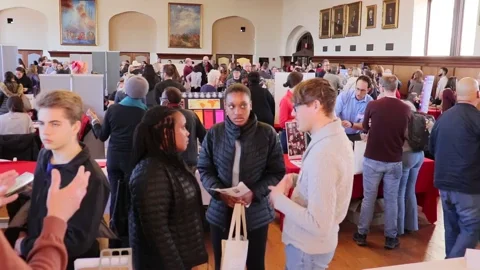
Understand Networking in the Fine Arts
Networking in the fine arts isn't about schmoozing or being fake. It's about building genuine relationships with people who share your passion and can help you navigate the often-complex art world.
Think of it as cultivating a garden:
You plant seeds (make connections)
Water them (nurture relationships)
Eventually, they blossom into opportunities
Networking skills are especially important in a field where many opportunities arise through word-of-mouth and personal recommendations rather than traditional job postings.
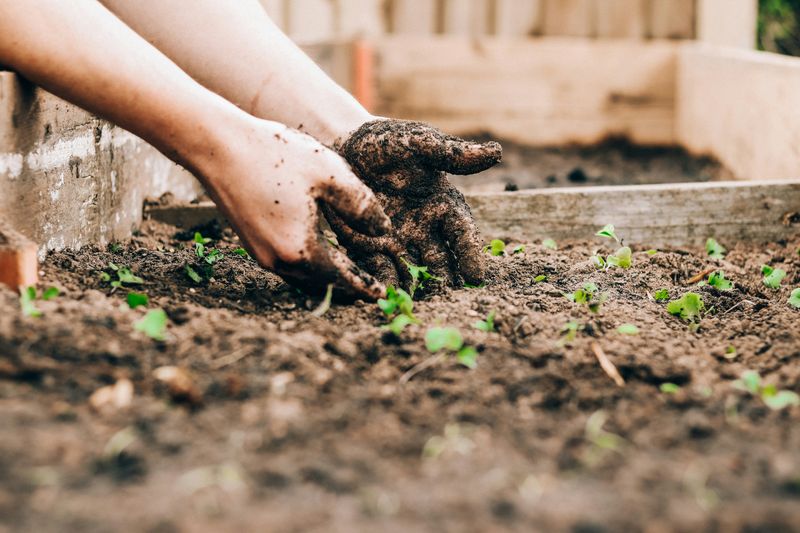 Photo by Sandie Clarke on Unsplash
Photo by Sandie Clarke on UnsplashIdentify Your Networking Goals
Ok, great! But where to begin? Networking that begins with having clear goals will help you target your networking efforts more effectively.
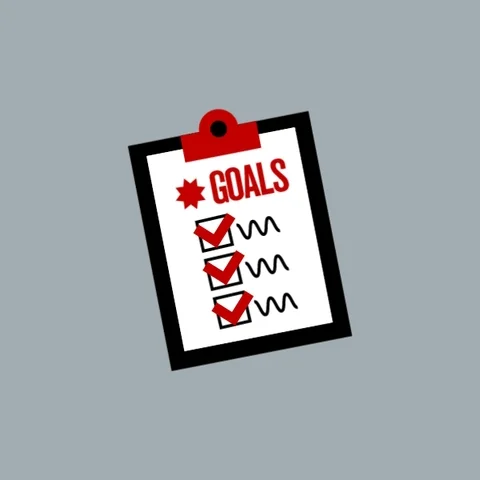
If You're Looking For...
Gallery representation: Network with gallerists, curators, and established artists for insights and introductions.
Exhibition opportunities: Group shows, open studios, and local art events often pave the way for larger exhibition opportunities.
Mentorship: You can find mentors through art schools, professional organizations, and meetups.
Collaborations: Attending interdisciplinary events and joining artist collectives are great ways to find potential collaborators.
Find Places to Network
The fine arts field offers numerous avenues to use your networking skills! These include:
Art fairs and exhibitions: Ask artists about their work, introduce yourself to gallery owners, and exchange contact information.
Gallery openings and receptions: Arrive early for better one-on-one conversations and to avoid crowds.
Workshops or classes: Sharpen skills, seek feedback, and build valuable connections with artists and instructors.
Professional organizations: Join organizations like the College Art Association, Artists Network, or your local arts councils. They provide access to exclusive events, mentorship programs, and a directory of professionals in your field.
Online platforms: Leverage platforms like Facebook, TikTok, Instagram, and Saatchi Art to connect with professionals and reach a wider audience.
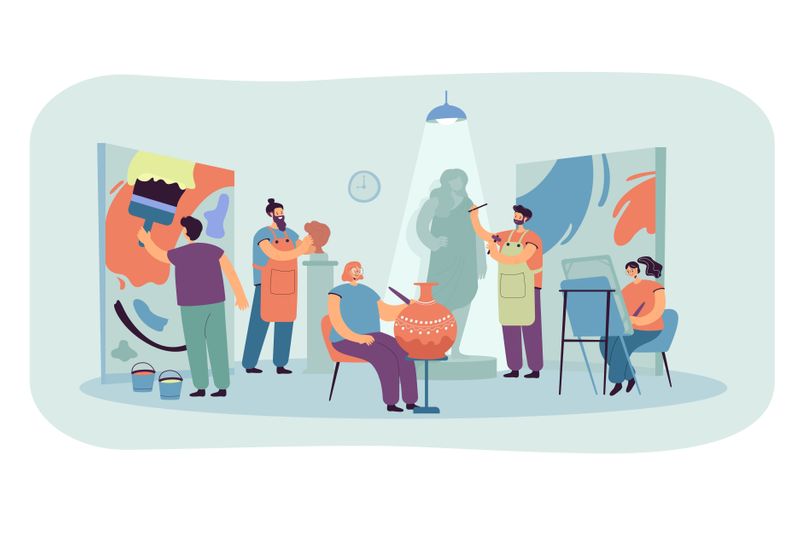 Image courtesy of pch.vector via Freepik
Image courtesy of pch.vector via Freepik
Apply Effective Networking Strategies
Using your networking skills effectively requires:
Preparation: Always have your business cards or digital portfolio link ready, and clearly articulate your artistic vision and goals.
Listening more than you speak: Networking is a two-way street; engage genuinely, ask open-ended questions, and actively listen.
Following up thoughtfully: Follow up within 24-72 hours with a personalized email, referencing a specific discussion point to reinforce your connection.
Offering value: Offer your knowledge or skills. Reciprocity builds stronger bonds.
Being persistent, not pushy: Networking is a marathon, not a sprint. Cultivate connections consistently for future opportunities.
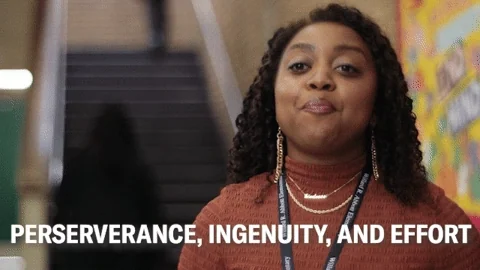
Quiz
Which of these are effective networking questions for a fellow artist? Select all that apply:
Take Action
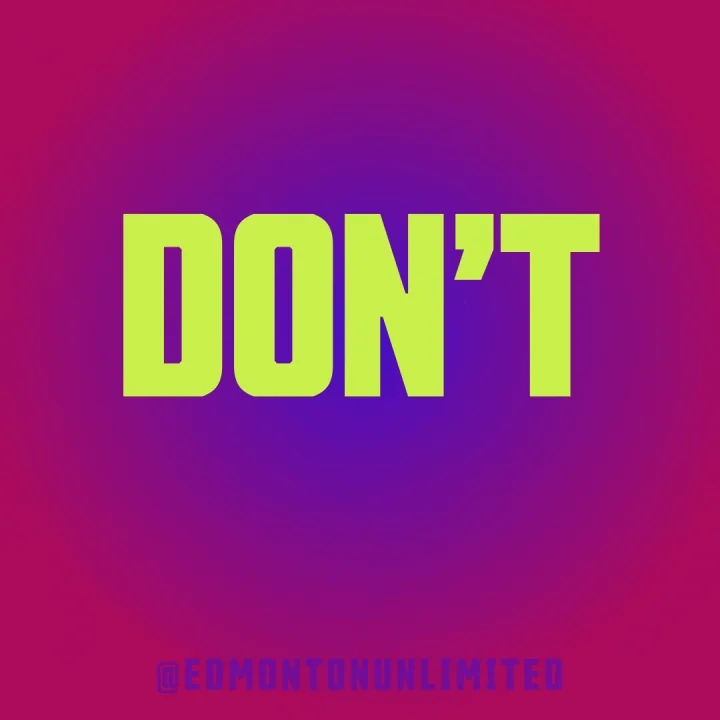
Networking isn't a one-time event — it's an ongoing process. Remember, every connection you make through your networking skills may lead to your next big opportunity in the vibrant world of fine arts.
Your feedback matters to us.
This Byte helped me better understand the topic.
